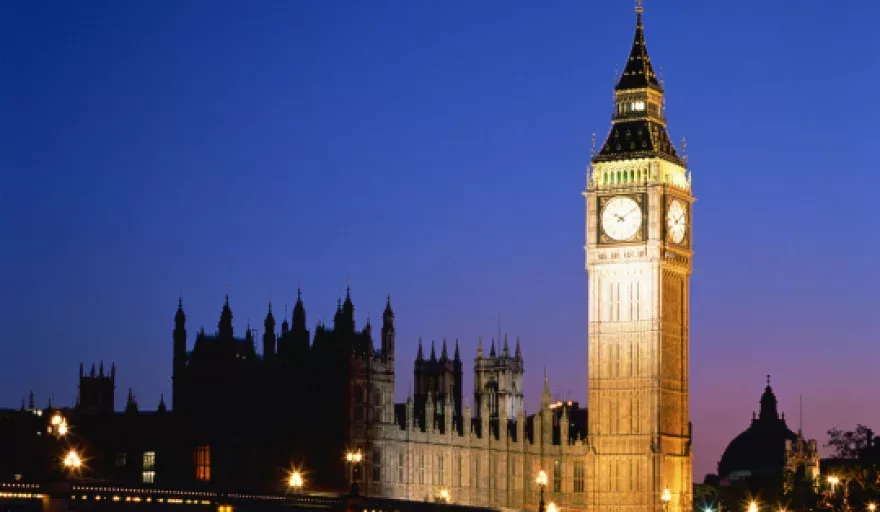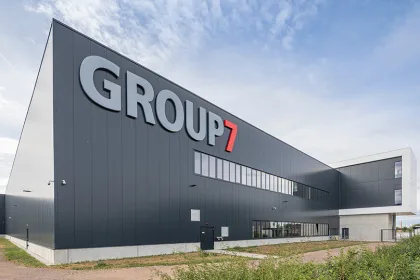In May this year, Europe & Middle East Outlook will produce one of its biggest travel guides to date on the city of London; a city arguably under more international scrutiny than ever before as it juggles Olympic legacy, recession fallout, a new Prime Minister, a new Mayor, and its break – Brexit – from the European Union.
- Q&A WITH BARBARA JAMIESON, LONDON & PARTNERS’ HEAD OF BUSINESS DEVELOPMENT FOR EUROPE
- Can you firstly introduce me to London & Partners in its current guise and its core functions as part of the new Mayor’s remit?
- How did the Bureau come about initially then, and how has its functions developed over the years?
- And of course, this revitalisation coincided with the Olympic bid?
- So going back to our initial understanding of the Bureau, and with a view to picking up on this journey later this year, how do you feel that London & Partners – as the London Convention Bureau – fits within London’s overall business tourism sector?
The Mayor has affirmed numerous times that the UK capital is indeed open for business to the world – an undeniable notion in reality – but it has still fallen at the feet of a select few organisations and initiatives to instil this reality into the wider global consciousness.
Leading the way in this regard is the London Convention Bureau, London & Partners, a promotional organisation and team helping “you access our city like no one else”.
In the build up to May (the month, not the new Prime Minister)’s all-encompassing delve into London and what it has to offer the international business community moving forward, we happily and purposely jumped the gun via a chat with London & Partners’ Head of Business Development for Europe, Barbara Jamieson.
Q&A WITH BARBARA JAMIESON, LONDON & PARTNERS’ HEAD OF BUSINESS DEVELOPMENT FOR EUROPE
Can you firstly introduce me to London & Partners in its current guise and its core functions as part of the new Mayor’s remit?
Barbara Jamieson (BJ): Where we are now – since our merger to being a Government-funded agency with Foreign Direct Investment and Study London – is really at the core of job creation, aligning our business tourism strategy with that of those two partners.
It is interesting how the merger has moved forward things like the Mayor’s Business Tourism Programme, and now we are really focusing on huge growth sectors like the tech sector within the City of London and how that is now influencing the type of work that we are doing and the type of business events that we are bringing in. All the while we are aligning ourselves with developments in London that are forward-thinking, whereby we shout about future industries – that aren’t being talked about at present – and where we want them to be in three-five years’ time.
How did the Bureau come about initially then, and how has its functions developed over the years?
BJ: So if you look back to 2001, that is really when the Bureau began to gain momentum within the London tourism context, and we were very much a reactive agency at that point acting as support to Visit Britain. So we were treated like many others as a regional tourist board, and the funding that we received at that time was not really reflective of all the possibilities that London had to offer. I think that in Government circles, the feeling was that tourists would show up, but there was a lack of understanding about the business tourist sector and it actually took a few disasters to wake it up.
After things like the mad cow disease outbreak, impacts were being seen like the top three floors of the Hilton, Park Lane, being shut, and it was impacting global event organisers and their choice of destination. At that point, Ken Livingston, who was the Mayor at the time, really realised the importance of business tourism and events, and the impact on jobs that they might have.
Ever since then we have been lobbying about the importance of our industry sector – it has always been very much the case that we are the forgotten sector – and have gone to show that we can have an enormous impact on the number of jobs created in the city and globally.
And of course, this revitalisation coincided with the Olympic bid?
BJ: After being rebranded as Visit London we were much more of a dynamic brand of our own and – as well as helping to initiate the Mayor’s business event programme – we made sure we had a seat around the table that become an integral part of the Olympic bid.
The Olympics is one of the biggest participation events in the world, but Ken Livingston had looked upon the event as a regeneration project for the two poorest boroughs, being Hackney and Tower Hamlet. So then the importance of what we were creating outside of just a sporting event really began to take off in local government circles and that is where a lot of the lobbying was done. It was also where the Bureau really began to gain momentum.
It also coincided with the recession, when there was a real need for cost saving and for recruitment agencies that were funded by a grant from what is the GLA (Greater London Authority), which is they Mayor’s budget. In this cost-saving exercise they looked at a lot of Government funding exercises and the LDA was abolished, meaning we now received our funding directly from the GLA; and that’s when they decided to go for a model of three agencies into one, merging London & Partners with Foreign Direct Investments and Study London.
So going back to our initial understanding of the Bureau, and with a view to picking up on this journey later this year, how do you feel that London & Partners – as the London Convention Bureau – fits within London’s overall business tourism sector?
BJ: Now there is a real understanding, and if you look at an event that we brought in, in 2015 – the European Society of Cardiology conference – it was the largest medical conference in Europe! And we attracted this kind of event, not because we have so many hotel bedrooms in the city, but because we were able to bring in all these specialist doctors from around the City of London, and call upon their research within the city’s own universities.
It really was all about the business connections and platforms formed, the commercial business growth, and the alignment of those two things within an event and industry that is fully understood, catered for, and growing, in London.
That is where I think we are quite different in being able to form partnerships in this way, and lots of other cities are beginning to try and adopt that same model to attract business and business events moving forward.
London is very clearly a business destination and a place where we can sell ourselves in a good way.

































